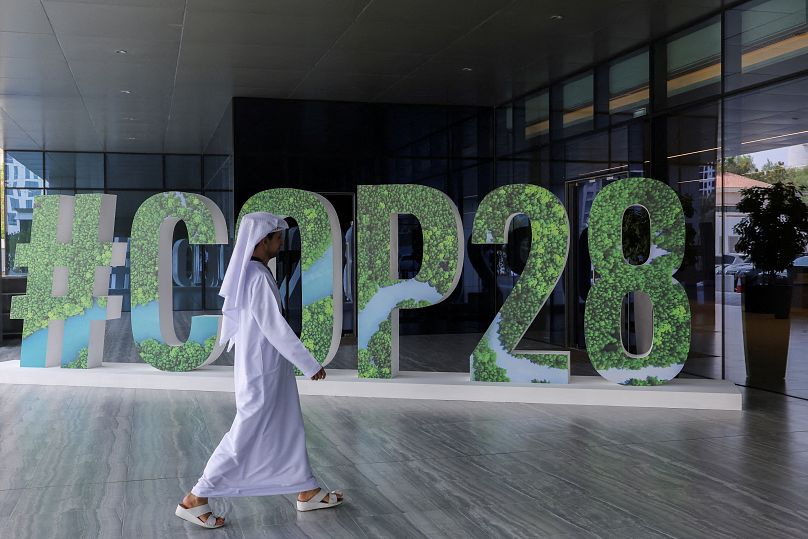Governments around the world are still “massively off track” on climate action, according to a new report from UN Climate Change.
A new analysis of national climate plans ahead of COP28 has found that they are still insufficient to keep global temperature rise within Paris Agreement limits.
 ADVERTISEMENT
ADVERTISEMENT
 ADVERTISEMENT
ADVERTISEMENT
Under countries’ current plans, greenhouse gas emissions will increase by 9 per cent by 2030 compared to 2010 levels. But emissions need to fall by 45 per cent compared to 2010 levels by the end of this decade to limit global temperature rise to 1.5C.
“The world is failing to get a grip on the climate crisis,” UN secretary general Antonio Guterres says.
“That is the message of the UNFCCC’s latest report which provides yet more evidence that the world remains massively off track to limiting global warming to 1.5 degrees Celsius and avoiding the worst of climate catastrophe.”
Governments are taking ‘baby steps’ on climate action
The report analysed the climate action plans, or Nationally Determined Contributions (NDCs), of the 195 signatories of the Paris Agreement. It includes around 20 new or updated plans submitted up until 25 September this year.
Even with increased efforts by some countries, it shows that much more action is needed now to avoid the worst impacts of climate change.
The fall to a 9 per cent increase in emissions is only a marginal improvement on the 11 per cent seen in last year’s report and the 14 per cent from 2021.
Executive secretary of the UN Framework Convention on Climate Change (UNFCCC) Simon Stiell says governments are making “baby steps” towards averting crisis.
“Today’s synthesis report of national climate plans underscores the need for us to act with greater ambition and urgency to meet the goals of the Paris Agreement - there is simply no time left for delays,” says COP28 President and chief of the UAE's state oil firm Sultan Al Jaber.
“COP28 must be a historic turning point in this critical decade for parties to seize the moment of the Global Stocktake to commit to raise their ambition and to unite, act and deliver outcomes that keep 1.5C within reach while leaving no one behind.”
Will the Global Stocktake help improve climate plans?
The first Global Stocktake - a report card on progress towards Paris Agreement goals - will likely be one of the major focuses of COP28 in Dubai this year. It will inform the next round of NDCs that countries will have to put forward by 2025.
“The Global Stocktake report released by UN Climate Change this year clearly shows that progress is too slow,” says Stiell.
“But it also lays out the vast array of tools and solutions put forward by countries. Billions of people expect to see their governments pick up this toolbox and put it to use.”
The UNFCCC’s analysis indicates that emissions will fall by 2 per cent by the end of the decade compared to what they were in 2019. While this shows that emissions are likely to peak by 2030, it still doesn't demonstrate the rapid downward trend science says is needed to avoid catastrophic warming.
And, to achieve this peak, all elements of countries’ NDC - which outline the specific efforts and actions they are taking to cut greenhouse gases and adapt to climate change - need to be implemented. That includes conditional ones which depend on access to finance, technology and international cooperation.
Guterres says it's time for a “climate ambition supernova in every country, city and sector”.
“Net zero timelines must be accelerated so that developed countries get there as close as possible to 2040 and emerging economies as close as possible to 2050.”
Renewable energy capacity must be boosted, he adds, coal and fossil fuels must be phased out. Developed countries also need to rebuild trust by delivering on climate finance pledges.
“COP28 must be the place to urgently close the climate ambition gap,” according to Guterres.











